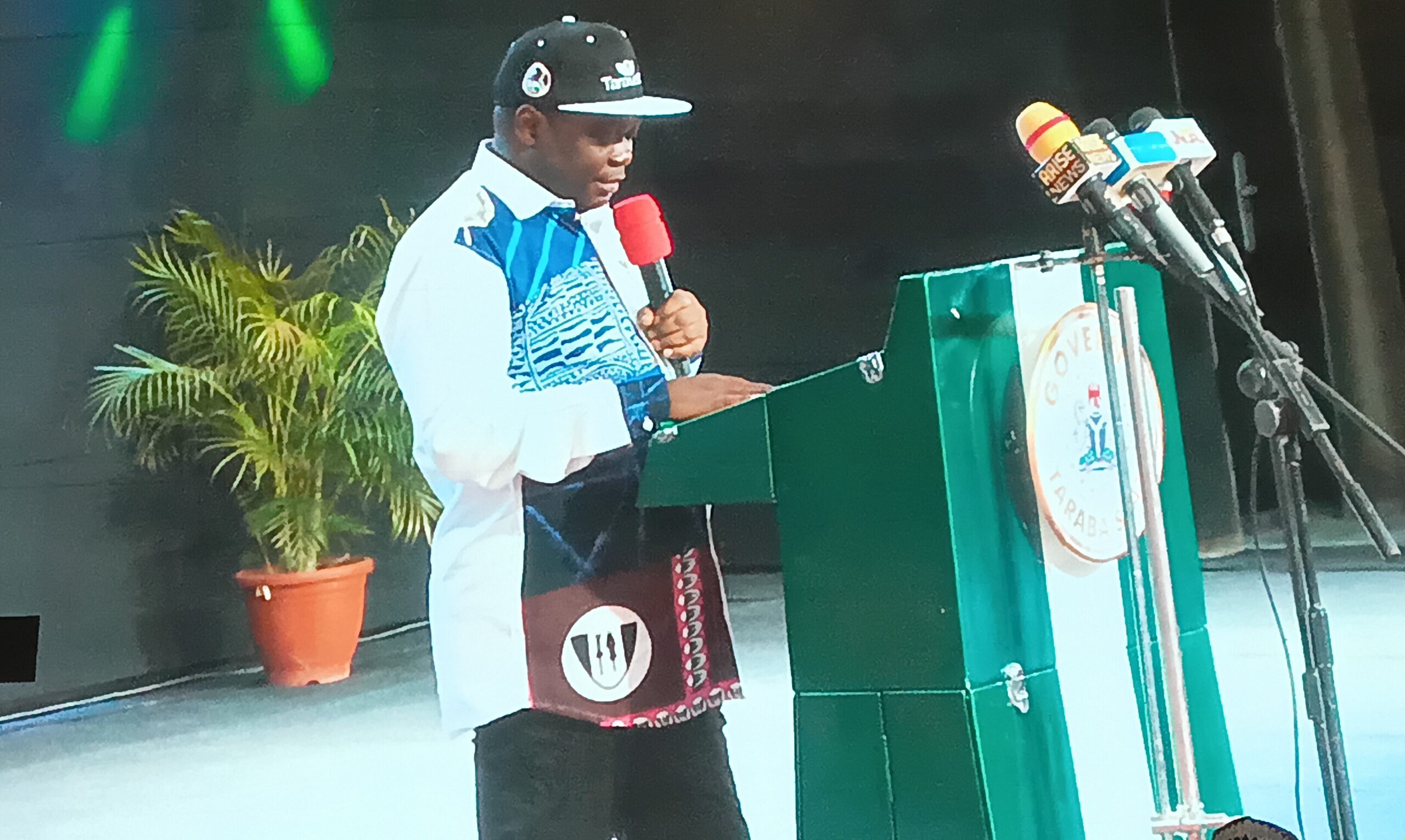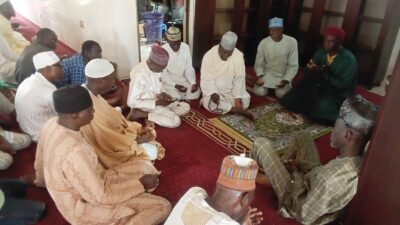By Henry Agbu – Taraba
The quiet town of Donga, nestled along the southern plains of Taraba State, woke up this week to the sound of confusion and fear rather than the familiar call to prayer.
What began as a disagreement over who rightfully owns a mosque has now spiralled into a sectarian crisis that has shaken the foundations of communal peace in the area.
For decades, Donga has been a melting pot of faiths and cultures — a place where Muslims, Christians, and traditionalists coexist and celebrate one another’s milestones. But in recent days, that harmony has been tested by a dispute that many described as “long-brewing” and “deeply emotional.”
Residents say the mosque in question has been a symbol of unity for generations. Built through communal effort, it served as a place of worship for all Muslims in the neighbourhood — until leadership disagreements turned ownership into a bitter contest. What was once a house of prayer has now become a flashpoint for division.
The tension, according to eyewitnesses, began after two rival groups claimed administrative control over the mosque. What started as verbal exchanges during prayers soon escalated into a violent confrontation, leaving several people injured and property destroyed.
Authorities were quick to respond. Security operatives moved in to calm the situation, while community leaders and clerics convened an emergency peace meeting.
Beyond the visible wounds, the Donga crisis underscores a deeper concern — the growing fragility of communal relationships in multi-faith communities. Experts believe that the mosque dispute reflects not just religious rivalry but also struggles for identity, influence, and control in a rapidly changing social landscape.
As calm slowly returns to Donga, many residents are left reflecting on the lessons from this painful episode. For them, peace is not just the absence of conflict — it is the daily commitment to tolerance, understanding, and the spirit of coexistence that once defined their town.







